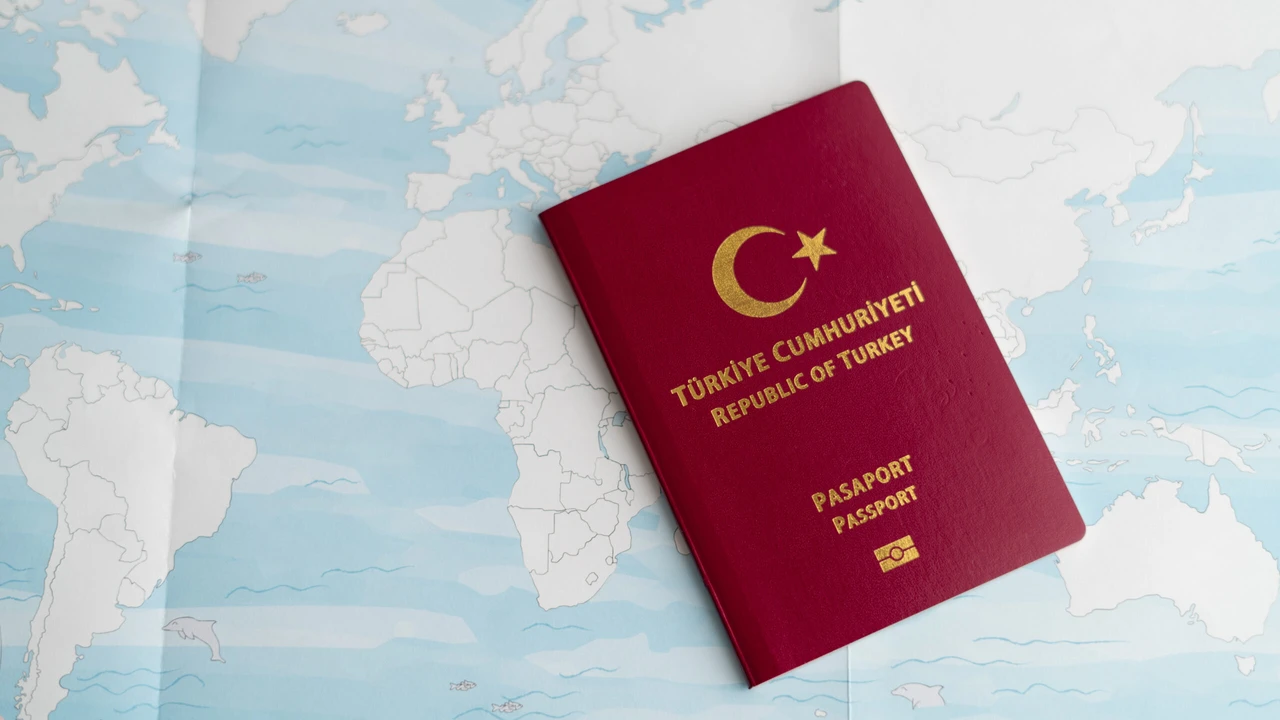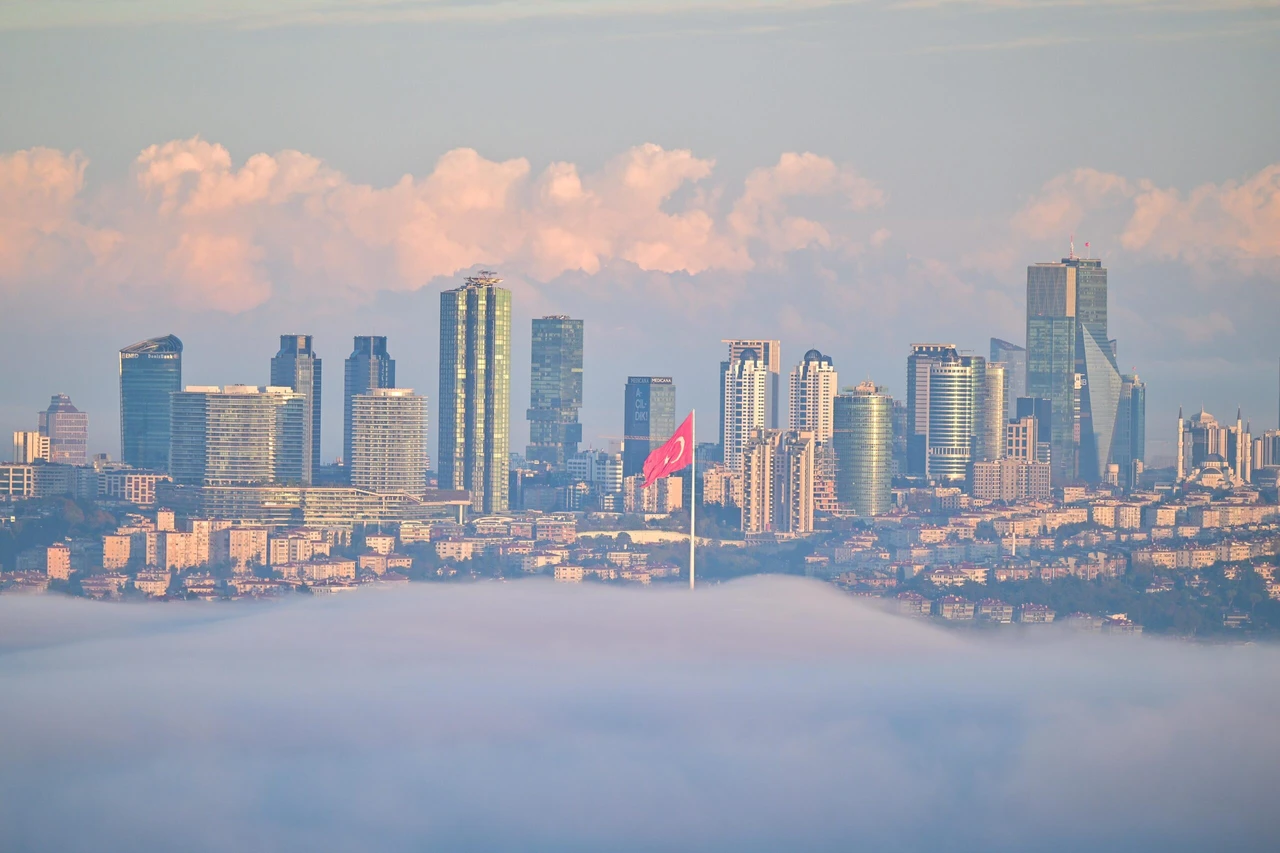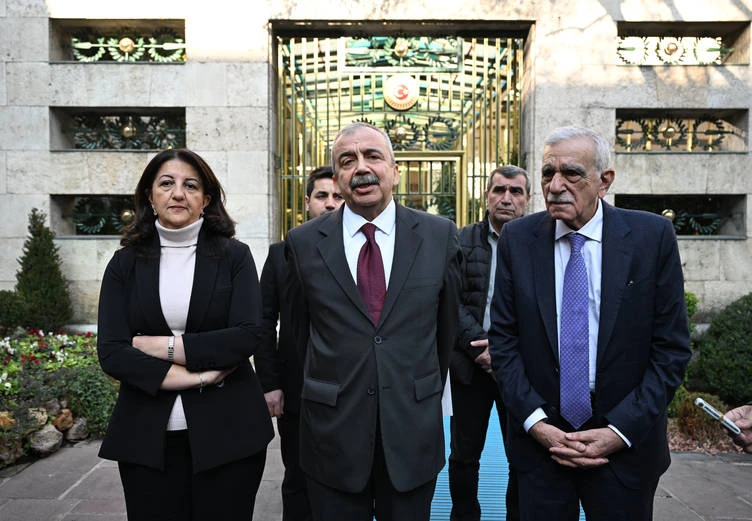Controversy erupts over mandatory Dutch integration exam for Turkish citizens
 The Netherlands introduces compulsory integration exam for Turkish citizens seeking permanent residency. (Adobe Stock Photo)
The Netherlands introduces compulsory integration exam for Turkish citizens seeking permanent residency. (Adobe Stock Photo)
Starting January 1, 2025, the Netherlands will require Turkish citizens seeking permanent residency to pass a mandatory exam. This integration exam will test applicants on Dutch language proficiency and cultural knowledge.
The new policy represents a significant change from previous practices and has sparked controversy among Turkish communities and legal experts.
Details about the Dutch integration exam
The integration exam, known as “Inburgeringsexamen,” consists of several sections. Applicants must demonstrate proficiency in reading, writing, listening, and speaking Dutch, along with knowledge of Dutch society and the labor market.
The required language level is currently A2 but will increase to B1 in the near future. The exam aims to ensure that immigrants can effectively integrate into Dutch society.
Registration for the exam is done through the Dutch Education Executive Agency (DUO). The exam takes place at designated centers, where applicants complete sections on computers.
The exam includes a civic knowledge test, language skills assessments, and understanding of the Dutch job market. The cost for the exam ranges from $40 to $160, depending on the sections taken.
The integration exam covers six main components: knowledge of Dutch society, speaking, listening, reading, writing, and orientation on the Dutch labor market. For example, the knowledge of Dutch society section tests understanding of Dutch governmental structures and social norms.
The language section evaluate the applicant’s ability to communicate effectively in Dutch, which includes listening to conversations, reading texts, writing responses, and speaking on given topics.
Legal, community reactions to Dutch mandatory exam for Turkish citizens
The policy has been met with resistance from Turkish organizations and legal experts. Many argue that the new requirements violate the Türkiye-EU Association Agreement, which traditionally exempted Turkish citizens from mandatory integration measures.
Specializing in migration law, Attorney at Law, Ismet Ozkara stated, “This regulation is unlawful, and we plan to challenge it in court.” He also noted that past cases had been decided in favor of Turkish citizens.
Former Social Affairs Minister Wouter Koolmees defended the policy, saying, “Many Turkish immigrants struggle with the Dutch language, which hinders their ability to integrate fully.” This policy is part of broader efforts initiated in 2022 to improve the integration of Turkish nationals in the Netherlands.
Turkish organizations in the Netherlands have voiced strong opposition. They claim that the policy unfairly targets Turkish citizens and is discriminatory. The Netherlands Turkish Consultancy Board (IOT) President Zeki Baran emphasized, “This policy is a violation of the 1963 Ankara Agreement and unacceptable.” The community plans to use all available legal channels to oppose the policy.
Ozkara and other legal experts argue that the integration requirements place undue stress on Turkish citizens who have already established their lives in the Netherlands. They emphasize that the policy does not consider the existing contributions of Turkish residents to Dutch society and economy, making it an unfair imposition.
Dutch mandatory exam’s impact on Turkish residents
Turkish organizations and legal advocates are preparing to fight the new rules through various legal channels and public campaigns. They aim to protect the rights of Turkish citizens under international agreements. “We will challenge this regulation in court and raise awareness through public campaigns,” Ozkara declared.
These advocacy efforts include plans to file complaints with the European Commission and launch public awareness campaigns to assert the discriminatory nature of the policy. The legal battle will likely involve multiple lawsuits and appeals, aiming to overturn the policy or at least secure exemptions for affected Turkish citizens.
Critics argue that the new policy could lead to social fragmentation and increased tension between Turkish immigrants and the broader Dutch society. They stress the importance of inclusive policies that promote mutual understanding and cooperation rather than divisive measures that might marginalize specific communities.
For more details on the integration exam and preparation resources, visit the Dutch government’s integration website.



